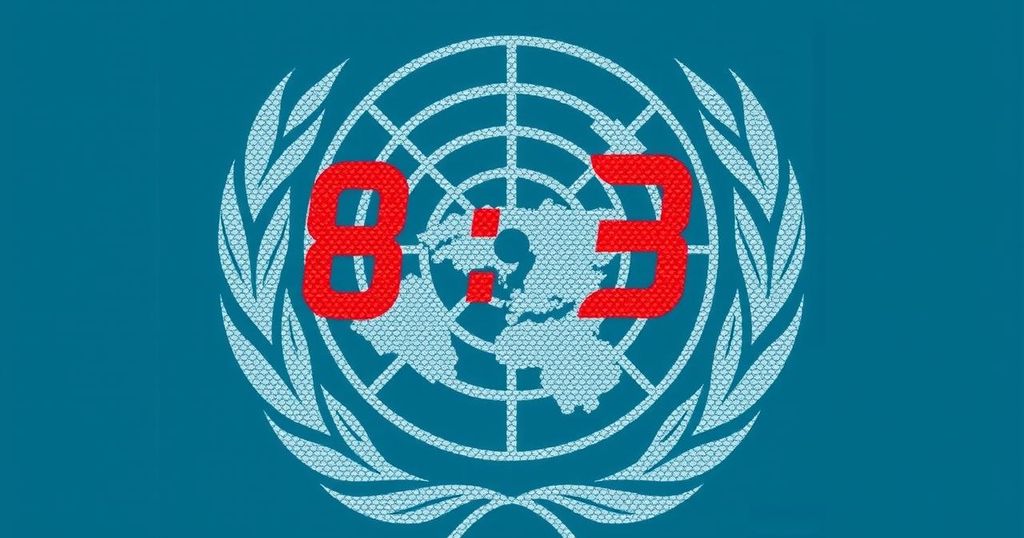As COP29 climate talks advance in Baku, negotiators are under pressure to agree on necessary financial support for vulnerable nations facing climate challenges, with demands exceeding current offers from developed countries. The summit highlights the urgent need for substantial commitments amidst ongoing discussions regarding the financial structure of assistance, encompassing both grants and loans to address climate impact effectively.
Negotiators at the COP29 UN Climate Summit in Baku, Azerbaijan, are facing an urgent deadline as they seek to forge an agreement addressing climate finance for vulnerable nations. The summit is marked by a demand from these nations for $1.3 trillion to tackle climate-related damages and develop clean energy systems. Despite this significant financial requirement, wealthy countries have yet to commit even close to this amount, leading to intense negotiations. COP29 President Mukhtar Babayev urged participants to prioritize substantive discussions as the deadline approaches. In parallel discussions at the G20 summit in Brazil, UN Secretary-General António Guterres emphasized the responsibility of wealthier nations in achieving the financial goals necessary for COP29’s success. Despite expectations that the European Union may propose a figure between $200 billion and $300 billion annually, this is still seen as insufficient by many advocates, including Debbie Hillier from Mercy Corps, who called it a betrayal of vulnerable communities affected by climate change. As negotiations continue over financial contributions, developments regarding the nature of these contributions—grants versus loans—remain critical concerns for attaining an effective agreement.
The COP29 summit focuses on the urgent need for financial commitments to assist developing nations in combating climate change. These poorer nations often bear the brunt of climate impacts despite contributing minimally to the phenomenon. The discussions spotlight the disparity between the required funding for adaptation and mitigation strategies and the offers currently put forth by developed countries. This year’s summit follows previous commitments made in 2009 to mobilize $100 billion annually, which remain unmet. The ongoing debt crisis in developing nations underscores the urgency for more substantial grants rather than loans to meet their development needs while concurrently addressing climate crises. Understanding these financial dynamics is crucial as negotiators work towards a viable agreement that supports the most vulnerable populations around the globe.
In summary, the COP29 negotiations are increasingly tense as the clock ticks down to a potential agreement on climate finance, with vulnerable nations demanding significantly more support than wealthier countries have offered. Despite discussions indicating a possible contribution from the EU, many activists and representatives express skepticism about sufficiency and adequacy. The necessity for a collaborative and fair approach looms large, particularly in determining whether financial support will come in the form of grants or loans, reflecting a broader urgency to prioritize the needs of developing countries facing dire climate challenges.
Original Source: apnews.com






